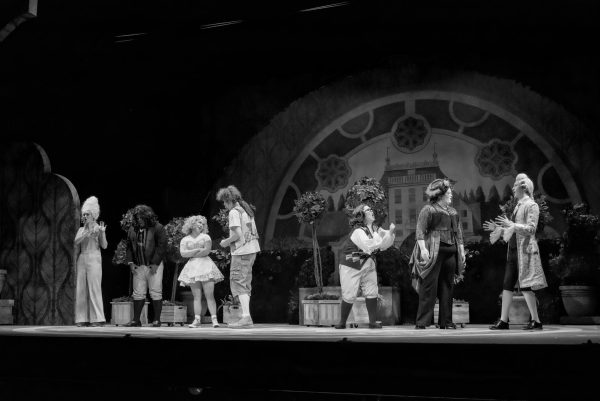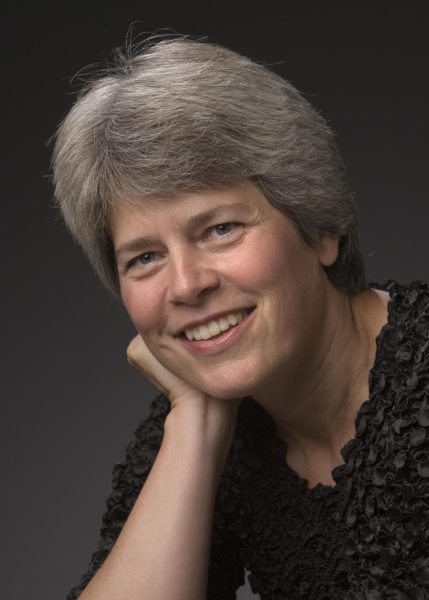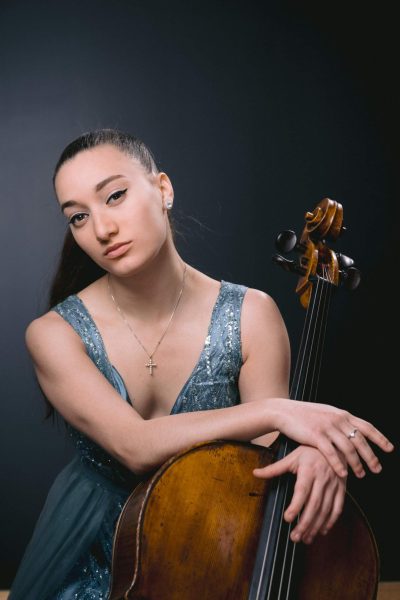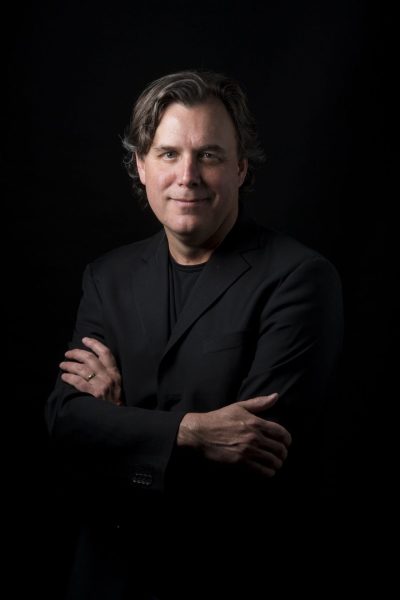Music Journalist and Bassoonist Stephanie Manning
Stephanie Manning is a fourth-year Conservatory student pursuing Bassoon Performance with a dual concentration in Arts Management and Journalism. She is a frequent reporter for Cleveland Classical, an online publication that aims to support classical music in northeast Ohio. She plans to continue music journalism after Oberlin.
This interview has been edited for length and clarity.
Could you start by talking about your journey with music journalism and how you started writing professionally?
I sort of came to journalism by chance. In 2020, I chose to learn from home rather than come back for the fall semester. As a result of that, I needed another class to fill the orchestra slot and happened upon Introduction to Music Criticism, taught by Visiting Teachers of Music Journalism Mike Telin and Dan Hathaway. I just fell in love with it. I never really considered myself a writer, but writing about music rather than writing an academic essay suddenly made it so fun. So I took that class and the follow-up class, and then the teachers asked me if I wanted to do a Winter Term with them working for their website, Cleveland Classical. That then turned into a job, and I’ve been working for them for a little more than a year and a half. I write reviews and interview musicians, composers, and conductors who come in for concerts around the area.
When you go to a concert, are there things you’re listening for ahead of time?
I’ll do research about the history of the pieces or the composers, especially for big pieces. I want to be knowledgeable enough that my audience can walk away with something from my work. When I go to a concert, I bring this little notebook with me that I scribble on throughout. My priority is being engaged in the experience, but I use the notebook because all these ideas are firing off in my head — if I can write them down, then I don’t have to think about them anymore.
Do you feel like doing this has helped you become a better listener?
I wouldn’t necessarily say that I listen better than any other person who goes to a concert. There’s this negative association with the word “critic” and the idea that critics go to a concert with the intention of dunking on it, or that they have some sort of egotistical attitude. I don’t want that at all. I sometimes feel hesitant about using the word “critic,” even though by the strict definition of the word, that is what I do. I am a music critic not because I’m looking for the bad, but because I’m making an informed judgment. I’ve talked to a lot of people who are like, “You just know so much, I wish I knew as much as you do.” I always listen to that really carefully, because the truth is I’m trying to write for them. I’m writing for the people who weren’t there and can’t make it out much but want to live vicariously through reporting. Or I’m writing for the people who were there but didn’t have background knowledge and just thought it sounded really cool.
Is there anything else you’d like to add?
The great challenge of music writing is taking music, which is this formless entity that is unique to certain players at a certain time and place, and trying to communicate it in the written word. I think that’s what I enjoy about it. It’s hard, but it’s very satisfying when you can put into words something that can give someone else a sense of what the performance was like.






